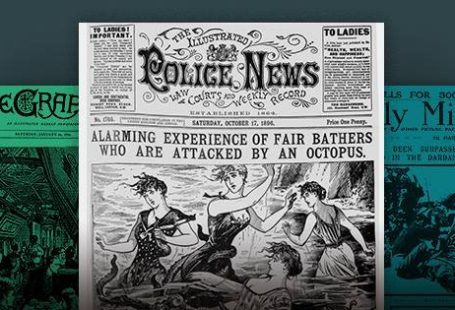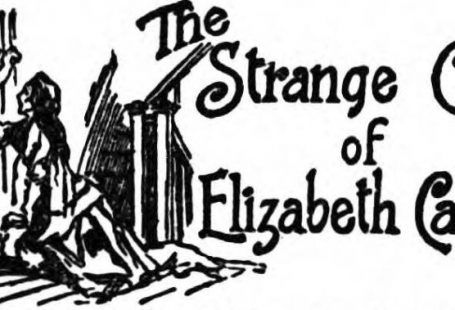If you’re interested in Irish history the Irish titles on the British Newspaper Archive can give you an insight that you won’t find in any history book. With more than 136 titles available to browse going back to the mid-18th century and right up to an independent Ireland they are a rich resource for political and social historians alike as well as the more casual reader.
You’ll find a picture of day to day life, from the highest scented halls of the social elite in the Fashionable Intelligences to the ordinary people scratching a day to day existence whose lives we glimpse in the court reports found in the Legal Intelligences. There are many details here, found nowhere else and looking through these early newspapers brings to life a world that has largely been forgotten today.
18th century and early 19th century Irish newspapers were strictly controlled and it was difficult if not impossible for a long time for newspapers to take an independent let alone an overtly nationalist stance. Under the Stamp duty laws, all papers that were to be distributed by post had to buy special pre-stamped paper to print on. In a sparsely populated country like Ireland distribution was important to build readership and attract advertisers so the stamped paper was important. However, the authorities in Dublin Castle refused to sell to any publication that didn’t toe the line. This kept the number of papers small until Stamp Duty was abolished in the 1840s. Once the tax was removed newspaper prices dropped and the number of newspapers grew rapidly in the second half of the 19th Century.

On the BNA you can find Pue’s Occurences, one of Ireland’s earliest newspapers. Founded by printer, publisher and owner of Dick’s Coffee House, Richard Pue in 1703, the paper ran until the 1790s. the newsletter promised to contain “the most authentick and freshest translations from all parts, carefully collected and impartially translated.”
Founded around the time Pue’s was winding down and rising to dominance in the 19th Century was the Freeman’s Journal. Once the top paper in Ireland the Freeman’s was always liberal, backing Catholic Emancipation and the repeal of the Union, but later became a fully-fledged Nationalist paper, taken over by the Irish Parliamentary Party in 1891.

Another major 19th century paper would have been the conservative Saunders Newsletter which was far less likely to rock the boat. The protestant Dublin Evening Mail was the Ascendancy paper of choice. Founded specifically to oppose Catholic Emancipation it was known for its rather scandal- mongering approach – its first editor would boast about how many duels he was challenged to.

Outside Dublin you can often tell a newspapers political stance by their title. The Tipperary Free Press, for example, was known as a radical paper while the Drogheda Conservative was just that. Papers called with Examiner in the title, like the Cork Examiner or the Limerick and Clare Examiner tended to be liberal and usually nationalist.

Broadly speaking conservative, protestant papers were less interested in the plight of the rural poor, while liberal and nationalist papers covered lots of evictions and emigration stories. Bankruptcies were listed in the Dublin Mercantile Advertiser and Weekly Price Courant among others and most papers carried court stories as a handy source of local news.
Court reports are a rich source of social history and you can find a vivid picture of a thriving merchant class in the advertisements that cover most of the front pages in the early 19th century. You’ll find plenty in these papers that’s not mentioned anywhere else and they are great for finding out about rural and small town Ireland and the lives that might have made a headline but were never going to make history.




